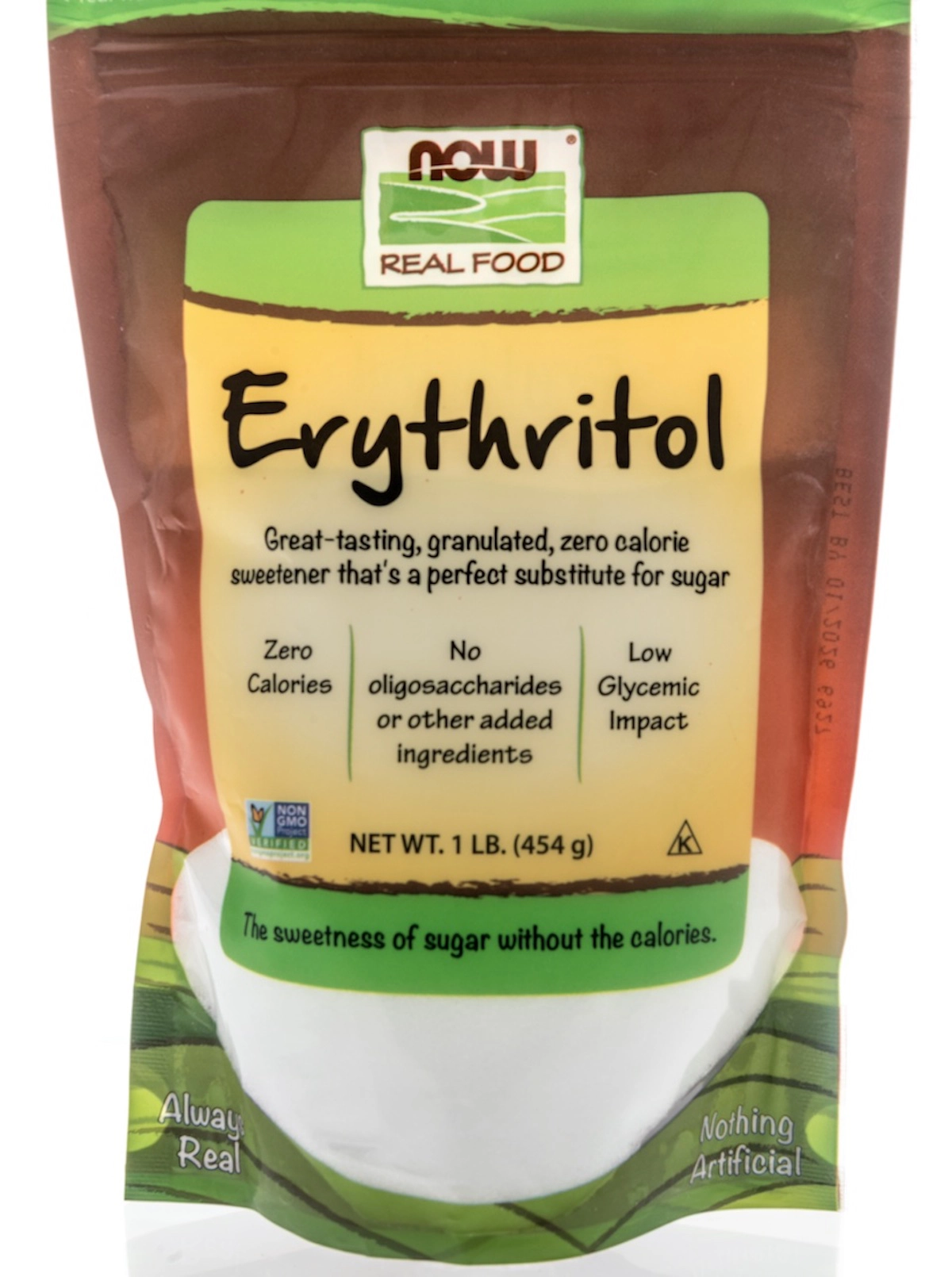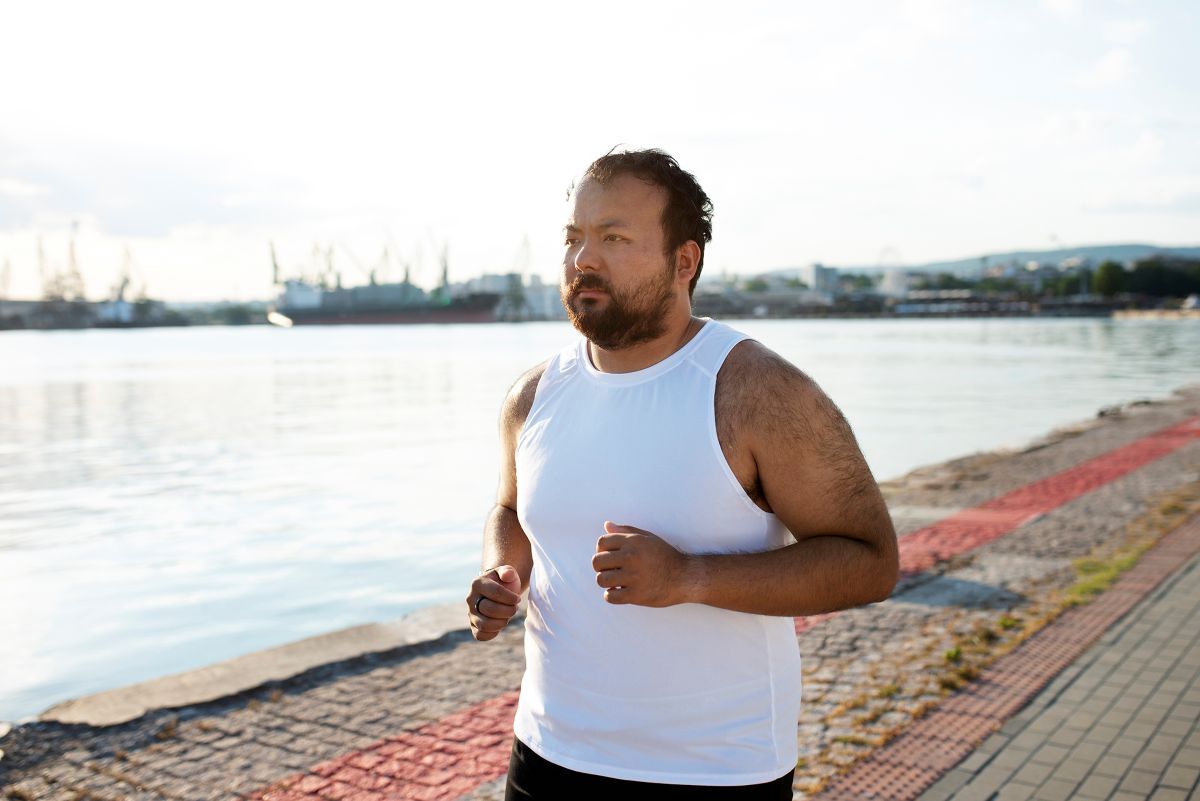
Does the concept of self-care come across as self-indulgent or selfish? If that’s the case, it’s time to rebrand what the term self-care really means.
“Self-care is just another name for taking care of yourself, which is vital for your health and well-being,” explains wellness and preventive medicine physician Sandra Darling, DO, MPH. “More specifically, self-care means identifying and meeting your needs, which is something that most struggle with.”
“Self-care is critical in today’s busy chaotic and stressful world. We are all juggling so many responsibilities, challenges and dealing with so many stressors that it has the potential to drive us to the point of burnout,” says Leslie Rowell, LPC, NCC, a licensed professional counselor on Lady’s Island. “You cannot give out of an empty cup, so you must take care of yourself if you are going to take care of others,” she explains.
Women often feel obligated to be caretakers, which can lead them to put everyone else’s needs before their own. Children, spouses, aging parents, friends, pets and other obligations come before their own needs. “Sometimes we feel guilty about taking time for ourselves because that seems self-centered. Parents and people in helping professions like healthcare, social work, ministry and first responders often struggle with this,” says counselor Rowell.
So it may feel awkward and even selfish to suddenly shift the balance from caring for everyone else to caring for yourself. “Self-care simply means you’re taking time to care for yourself,” says Dr. Darling, “and if you don’t properly care for yourself, your body will let you know in negative ways.”
Why self-care is so important? Chronic stress wreaks havoc on your health. It weakens your immune system, inflames your body and makes you more susceptible to health issues such as depression, weight gain, sleep issues and more.
“These physiological changes are compounded by the poor choices that can sometimes come with feeling like you’re at the end of your rope,” Dr. Darling notes. Reacting to stress with numbing activities, such as zoning out in front of the TV or bingeing on junk food and alcohol, also contribute to stress-related health issues.
But stress-relieving activities quiet your mind and lower cortisol, known as the stress hormone. Relaxation practices may help lower your blood pressure, improve your brain health and help you feel happier and more relaxed, overall — all good things.
“I advocate for self-care to prevent my patients from getting to this point,” Dr. Darling says. “Rather than succumbing to the ‘rosé all day’ approach to managing life’s stressors, treat yourself with love, respect and kindness — but also discipline.”
How to prioritize your health. Engage in practices and activities that help you center yourself. Start a self-care routine by taking some time each day to pause. One study found that even just 15 minutes of alone time can help lower stress.
“Find an activity that promotes inner peace and calm,” Dr. Darling says. “This will allow you to unwind from stress and get in touch with your needs.”
You may already know what type of self-care works best for you. Maybe it’s going for a run, playing with your pet or cooking up a delicious dinner. But if you’re not yet sure, or if your idea of relaxation involves bingeing an entire TV series in one sitting, it’s important to experiment with different self-care practices and see what feels best.
Here are a few simple self-care ideas for beginners or for anyone who wants to try something new:
- Get adequate rest. Schedule bedtime as if it’s an appointment and get there on time. Go to bed early if you are tired. Take an afternoon nap if you are able and need one.
- Spend time in nature doing activities you enjoy such as gardening or walking.
- Try standing barefoot in the grass or sand, a practice known as grounding.
- Spend 10 to 15 minutes doing a few simple yoga poses or stretches.
- Try a relaxing bath.
- Use a guided meditation app. Practice some positive affirmations.
- Read a book in your favorite chair and enjoy a cup of tea.
- If you enjoy cooking or baking, try a new healthy recipe.
- Take a social media break. If you have difficulty doing this, remove the apps from your phone.
- Focus on nutrition and eat only whole, nutritious food for one day. The following week, do it for two days.
- Pray. You do not have to be religious to be focused on a power higher than yourself.
- Do something creative or crafty such as woodworking, jewelry-making or pottery.
- Color in an adult coloring book while listening to relaxing music or nature sounds.
- Keep a gratitude journal.
- Take the time to clean up your environment. Clean the clutter and it will help clear the clutter in your mind.
- Give yourself a facial.
- Sit on your front porch or deck in peace and quiet. Leave your phone inside!
- Try exercise. Commit to a regular walk or fitness routine.
- Consider professional counseling.
- Schedule and keep doctor’s appointments. When caught early, potentially serious diseases are treatable.
Discuss your self-care plan with your family and set firm boundaries with those who may try to interrupt it with their needs. “Even if you get interrupted despite your best efforts, don’t give up trying. Small practices, like deep breathing or listening to quiet music, can provide mini-mental breaks during the day. Done regularly, these can increase your sense of well-being and calm,” recommends counselor Rowell.
So, let the ‘me time’ commence! Your body and mind will thank you.
# # #
Source: https://health.clevelandclinic.org/why-self-care-isnt-selfish-advice










